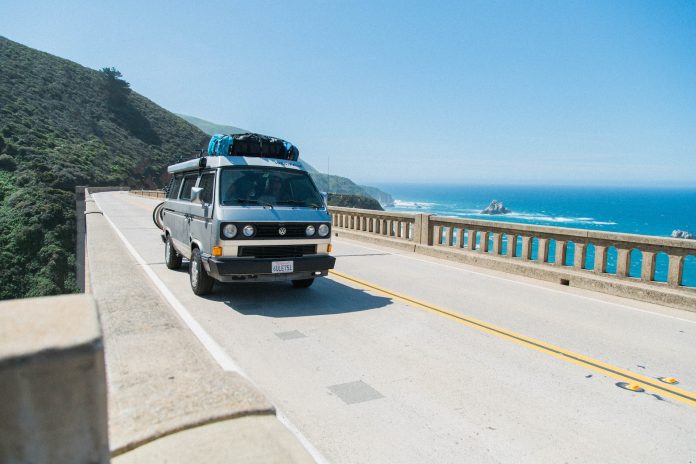
Road trips always have something truly magical to it – and embarking on one in your golden years can be a wonderful, rewarding, and liberating experience. To ensure a safe and comfortable journey, however, proper planning is essential. Here’s a guide to plan for an adventure on the road, that comes with a reliable peace of mind for everyone on board.
Health Check-Up & Manageable Distances
Before hitting the road, you should schedule a health check-up with your GP, to ensure that you are fit for travel. Consult them for any specific recommendations or precautions, as being in a car or van for quite some time can become straining easily. Consider planning shorter driving distances for exactly that reason – to avoid fatigue. This allows for frequent breaks and exploration of interesting spots along the way, too – and after all, this is, what road trips should be all about. Be realistic about your daily trave capabilities and choose accommodations strategically to facilitate a comfortable place. Pick places by prioritising comfort and accessibility. You could, for example, consider hotels or bed-and-breakfasts with senior-friendly amenities, such as ground-floor rooms, easy bathroom access, and proximity to parking areas; whatever it is, that you need or prefer. Many accommodation providers also offer senior discounts – so be sure to inquire, when making reservations! Ensure you have an ample supply of any medications with you as well and keep a list of emergency contacts, including your healthcare provider, easily accessible – in case of unforeseen circumstances.
Make Sure Your Vehicle is Up for the Task
Conduct a thorough inspection of your vehicle – as it’s going to be the most important thing on your journey and needs to be in top shape. Check the tyres, brakes, lights, and fluid levels – or roll it into the shop, to have a professional give it a good look-over. Ensure that it’s properly serviced an in top condition, as you want to be able to fully rely on it. This will ensure that the risk of breakdowns is reduced as best as possible. Remember that as long as you are equipped with a car insurance, those routine maintenances will be covered by it – providing another additional layer of security. You’re also able to invest in comprehensive travel insurance when going on a road trip, to cover other unexpected events, such as trip cancellations, medical emergencies, or unforeseen travel disruptions. Two different insurances for both your vehicle and personal well-being.
Packing Essentials, Breaks & Routes
Pack thoughtfully for your trip and make sure to include enough comfortable clothing, any necessary medical supplies, and a first aid kit. Ensure you have essential documents, such as your driver’s license, insurance details, your passport, if you cross borders, and ideally a copy of your health information. Don’t forget to carry a spare set of keys and a fully charged mobile phone, too! You should make yourself acquainted with the planned routes, too. GPS navigation is great, but it’s wise to have a general understanding of the journey in case of signal issues regardless. Consider having a physical map as a backup and share your itinerary with a trusted friend or family member. Regular check-ins can provide a peace of mind for loved ones at home, and in case of unforeseen circumstances, they can be invaluable in coordinating assistance.
But lastly – despite meticulous planning, unexpected situations can arise. Embrace flexibility and be open to adjusting your plan and route as needed. This mindset will allow for a more relaxed and enjoyable road trip experience for everyone involved. Safe travels!































